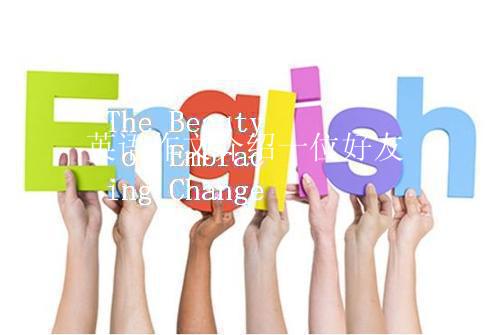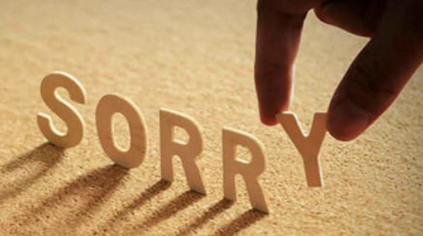Ching Ming festival is a traditional Chinese festival, has a history of two thousand five hundred years; Its main traditional cultural activities are: grave, outing, cockfighting, swing, play mat, pull hook, tug-of-war), etc. The members (the grave), is very old. Tomb-sweeping day, as a traditional culture, it is a full of mysterious colorific festival, on this day, the pedestrians on the road are missing people who died, to express their respect and grief! Ching Ming festival, in hainan many locals call it the "qingming festival". Middle age the qingming festival is very important, if not as a legal holiday, they will also take time to go home "qingming festival". This suggests that the qingming festival has become a culture, become a man of the late express a way of missing loved ones.
Qingming festival, is a kind of Chinese traditional culture recognition and respect. Qingming festival is very important in the ancient tradition of a festival, is also the most important festival of festivals, was the day of ancestor worship and the grave. This grave, the shrine of the dead an activity. The han nationality and some minority are mostly in the tombs. According to the old tradition, the grave, people to carry goods such as especially fruit, paper money to the grave, will be food for offering in the family tomb, then paper incineration, new soil up to the grave, fold a few branches pale green branches inserted in the grave, and then salute kowtow worship, finally eat especially home. The tang dynasty poet tu mu's poem "qingming" : "rains fall heavily as qingming comes, and passers-by with lowered spirits go. Restaurant where? Boy pointed apricot blossom village." Write the tomb-sweeping day is special atmosphere. Until today, tomb-sweeping day ancestor worship, mourning the late relatives customs still prevail. And the more brought to the attention of the people.
Chinese is influenced by its culture, make clear the Chinese memorial ancestors festival. Ancestor worship in qingming festival people are back, this is a kind of culture, a kind of habit.







文档为doc格式

 本文地址:
本文地址: 



